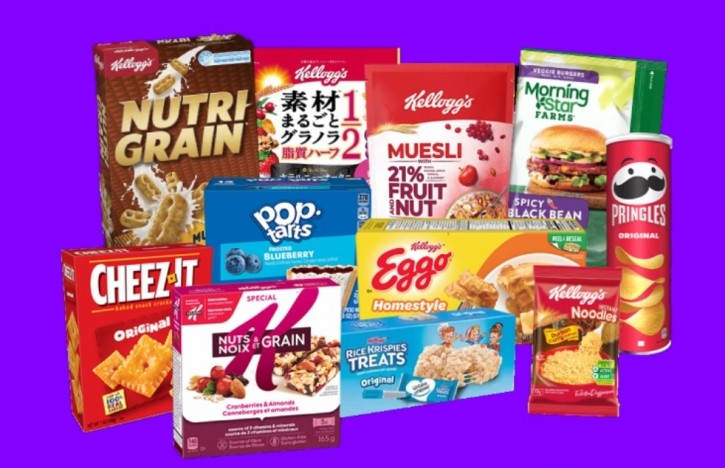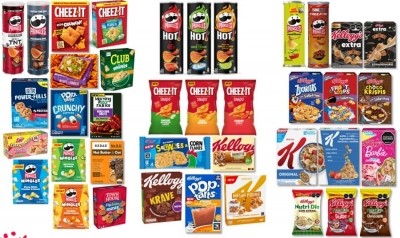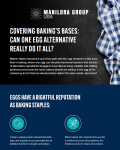Kellanova’s US business off to a rocky start with higher elasticities, lower volumes

The company’s overall net sales in North America flattened from the prior year period, after slowing to only 4% in the second quarter from 14% in the first quarter and 15% in the last quarter of fiscal 2022. Volumes also were in the negative, but slightly better than in Q2, according to the company.
The decline was “anticipated … as elasticity continued to move higher and as we begin to lap last year’s sizeable replenishment of trade inventories,” CFO Amit Banati said. He explained the drop-off was across all three category groups in the quarter, with snacks, which represents over half of the North American net sales, up only “very slightly against a very big quarter last year,” and frozen food flat in the face of elasticities and the ongoing shakeout in plant-based protein where its Morningstar Farms brand competes.
Cereal, which spun out as part of WK Kellogg Co, but which was included in Kellanova’s Q3 report as the split happened mid-quarter, was also down 1%, he added. Next quarter, both companies will report fully separate earnings for the first time.
Delayed merchandising, lagging innovation cost Kellanova
While macro-economics played a role in the company’s results, so too did its decision to delay a return to merchandising and innovation later than competitors, acknowledged CEO Steve Cahillane.
He explained the company held off on both “to get our supply chain back to where we wanted it to be.”
But, he added, “in hindsight, perhaps we could have come [back] sooner.”
Adopting a better late than never attitude, Cahillane added, Kellanova is merchandising, promoting and innovating now.
“And so, as we approach 2024, we look to North America with much more optimism in terms of turning back to quality merchandising activity” and have a “much more ambitious innovation plan” in place for the new year, he said.
“There is nothing structural in our volumes or our performance or our brand health that points to anything other than optimism in 2024 and beyond,” he added.
International sales buoy overall results, but analysts wonder how long it will hold
Despite the company’s struggles in North America, it managed to increase net sales by 4% year-over-year thanks to strong sales internationally. In Europe, the company’s net sales for snacks increased 17% in the quarter from the same time last year, on the heals of a 19% increase in Q2 and a 14% increase in Q1. Likewise, in Latin America, snack sales were up 17% in the quarter.
Kellanova partly is banking on ongoing strong international sales to continue to buoy the overall business and help it reach its full year expectation of $3.1bn in net sales, and an operating cost of $380-$390m on adjusted basis, both of which imply an on-algorithm growth excluding the impact of the WK Kellogg spin-off and divestitures in Russia.
Some analysts on the quarterly call were skeptical the company could deliver, given the declines in North America, with one noting “you would have to be pretty heavy lifting for international … to stay that way.”
Banati acknowledged that Kellanova expects international to grow faster than the US in the next quarter and elasticities to continue to rise – something “that’s always been in our guidance.” But, he added, the volume declines should moderate in the fourth quarter as the company returns to full merchandising, particularly in the US.





















